Damning video of deadly protester shooting won’t weaken the fight against Atlanta’s $90m ‘Cop City’
The next frontline in the US movement to reform police is a forest in Atlanta, Josh Marcus reports

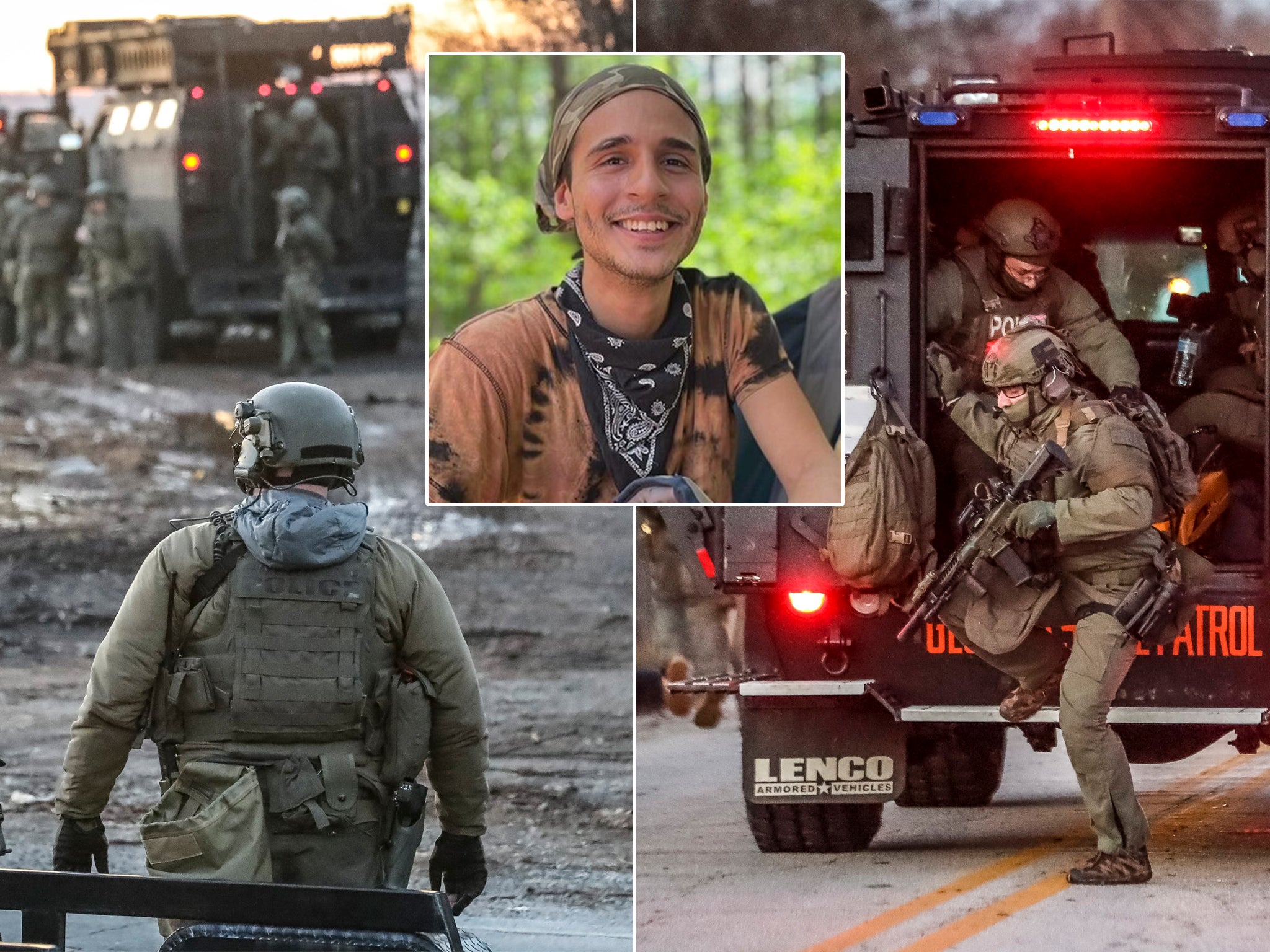
On Wednesday, Atlanta police released body camera footage of the fatal January shooting of protester Manuel “Tortuguita” Paez Teran, one of a number of activists who had been camping out in the woods outside the city to protest the construction of a $90m law enforcement training centre there dubbed “Cop City” by critics.
The new footage raises more questions than answers. Officials had previously claimed there was no video of the encounter, as most Georgia state troopers aren’t equipped with body cameras.
As with much about Cop City, the closer you get to the story, the further any settled truth about it feels.
The project has united diverse groups in opposition in a city that normally has deep economic and racial divisions. It has exposed discontent in a place that prides itself on being a bustling “Black Mecca” that’s both “too busy to hate” and the cradle of the civil rights movement.
And it has proven that even after the racial justice uprisings of 2020, the movement for police reform, and the at-times violent law enforcement response to it, shows no signs of letting up, as recent police killings in Memphis and Atlanta once again bring critique of law enforcement to the national consciousness.
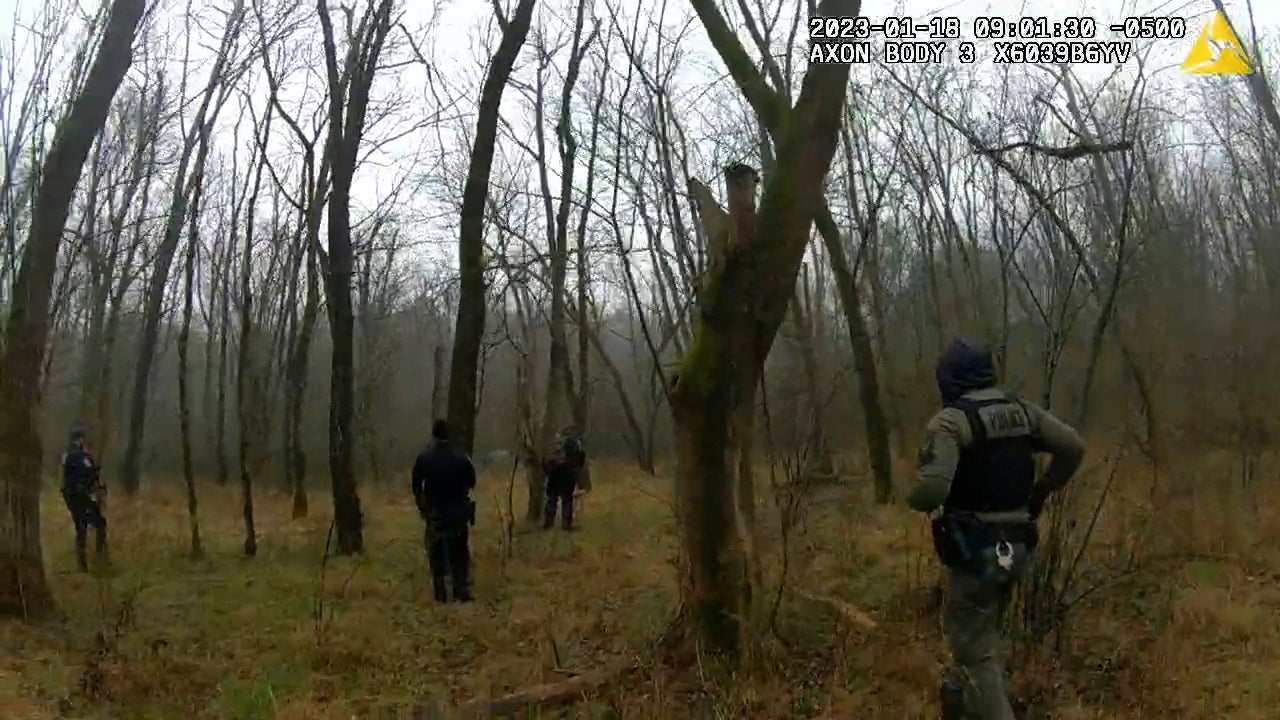
‘Manuel was massacred’
The police video captures a large group of heavily armed officers from a variety of jurisdictions patrolling a thicket of woods in DeKalb County on 18 January, the day Paez Teran was fatally shot at least 12 times, according to a family autopsy, and an officer was wounded.
It doesn’t show the moment the firefight began, but rather captures patrolling Atlanta police in tactical gear hearing a large burst of gunfire from a distance.
“Subject is barricaded in a tent,” an officer is heard saying over the radio.
“Did they shoot their own man?” one officer asks, raising the possibility of a friendly fire incident rather than an attack on police.

“No the first one, they say it was suppressed,” another responds. (A photo of the gun police say Paez Teran used to shoot the unnamed officer shows the weapon without a suppressor.)
Police say the 26-year-old fired first, while activists and family members say Paez Teran was a pacifist who wouldn’t have fired on a heavily armed SWAT team without cause. A gun in Paez Teran’s possession matched bullet wounds on the wounded officers, according to the Georgia Bureau of Investigation.
“Manuel was massacred in a hail of gunfire,” Paez Teran’s family said in a statement, calling the Georgia Bureau of Investigation’s description of the shooting “unsubstantiated” and asking state officials to present them with all the evidence gathered in the case thus far.

“The videos also show the clearing of the forest was a paramilitary operation that set the stage for the excessive use of force,” they added.
However, the stage was set for a paramilitary police force in Atlanta long before 18 January, according to community members.
The ‘Atlanta Way’
Local power brokers began discussing the Atlanta Public Safety Training Center as far back as 2017.
Plans call for the project to bulldoze at least 85 acres of the South River Forest, or the Weelaunee forest as it is known to the native Muscogee (Creek) people, outside of city limits to make way for a police shooting range, Blackhawk helicopter landing pad, and a full mock city to practice large-scale operations.
The majority of its funding is slated to come from the private Atlanta Police Foundation, which counts as donors and board members representatives of major corporations like Amazon, Chick-fil-A, and Delta Airlines with operations in the city.
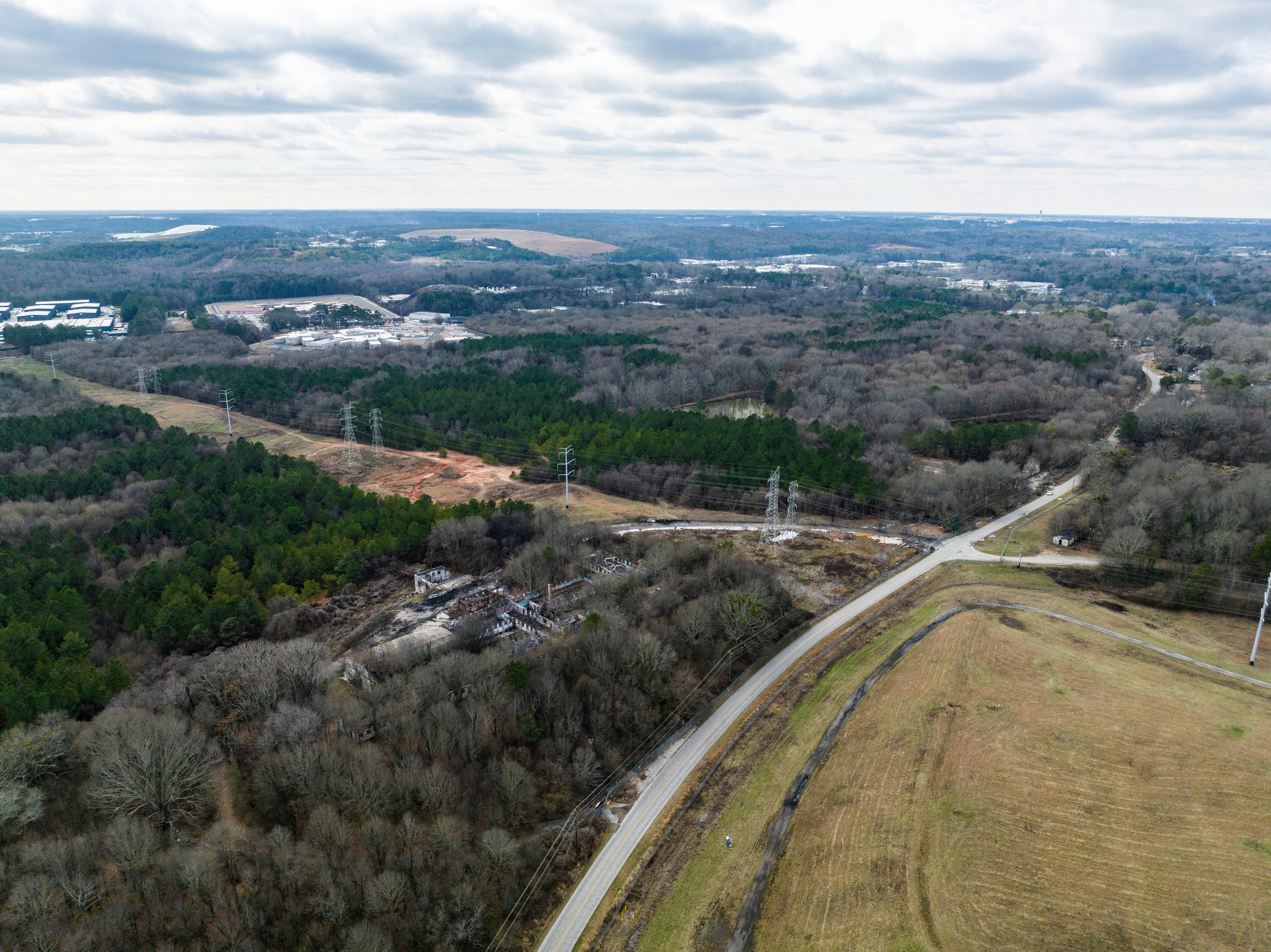
Backers, including former mayor Keisha Lance Bottoms and the editorial pages of top Atlanta newspapers like the Atlanta Journal-Constitution, have framed the centre as a solution to a “crime wave” in the city and a once-in-a-generation investment in public safety. They’ve also argued it’s a way for the beleaguered Atlanta Police Department to “boost morale” and retention, which have been in short supply following the 2020 racial justice protests and scandals like the APD’s killing of Rayshard Brooks, who was shot in the back by police officers less than three weeks after George Floyd was killed.
To many community members, however, the project seemed to be rammed through city government without their voice on public safety solutions mattering much at all.
By the time plans for the project were well known in the summer of 2021, a wide range of community groups, from civil rights activists to neighbourhood organisations, were opposing Cop City, which they saw as local officials putting another undesirable project in a working-class, Black area that’s already home to six landfills, five prisons, and two demolished public housing sites. Atlanta, thanks to a network of security cameras funded by the Atlanta Police Foundation, is already one of the most heavily surveilled places in the world. Cop City marked another increase in the police footprint in the city.
“It was organisations across a ton of different areas,” local organiser Micah Herskind told The Independent. “Anti-gentrification. Anti-police brutality. Abolitionists. And there were people who just cared about on the level of just neighbourhood associations. We don’t want this massive noisy toxic thing near our house. There were preschoolers who were hosting marches.”
Normally, achieving such awareness across communities in Atlanta is difficult, separated as it is by race and class.
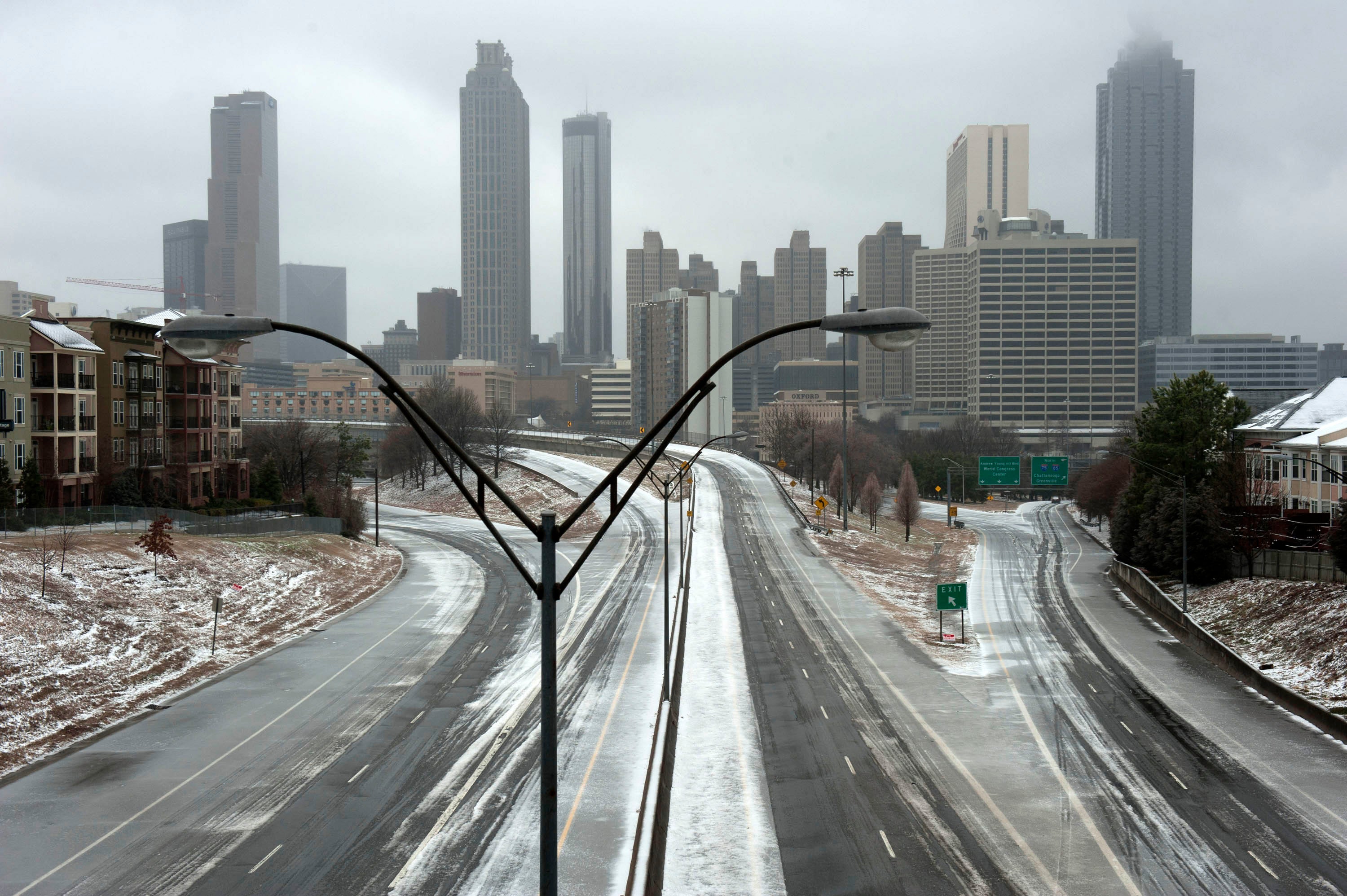
“Atlanta is very factioned, segmented,” Lauren Neefe, a volunteer canvasser with the organisation Showing Up for Racial Justice, told The Independent. “There are parts of Atlanta that are super super aware of what’s going on. And there are parts that are utterly oblivious and that is by design, going back to segregation and red-lining.”
Nonetheless, at a September 2021 city council meeting, over 1,100 residents called in with a total of 17 hours of commentary on the project, 70 per cent of which was against Cop City, according to crowd-sourced tallies.
“The council and the mayor ignored it,” Dr Jacqueline Echols, board president of the South River Watershed Alliance, told The Independent. “Honestly, it was a perfunctory exercise.”
“When it comes to land use, Atlanta is a very pro-development town,” she added.
The city council voted 10-4 to approve the project, in what critics say is the latest example of the “Atlanta Way.”
“Black political elites and white economic elites work together to run the city in the interests of capital and corporations,” Herskind said. “That’s been a long standing trend in Atlanta.”
The 2020 racial justice protests after the killings of Brooks and Floyd opened up a brief window of possibility where it seemed like the Atlanta Way might give way to something else, but those on the ground see Cop City as a retrenchment of the alliance between big corporations, city leadership, and the police.
“This project, from their own words, they’re planning on practicing high-speed car chases, bomb deployments. There’s going to be a shooting range. They’re going to be training on how to bust though peple’s doors,” Kwame Olufemi of Community Movement Builders, a grassroots organisation in Atlanta that opposes Cop City, told The Independent. “They’re training on how to arrest and imprison and brutalise people. It’s not an accident that this has taken place in the aftermath of 2020. It was introduced in 2021. We had uprisings to resist the exact police repression that has been going on.”
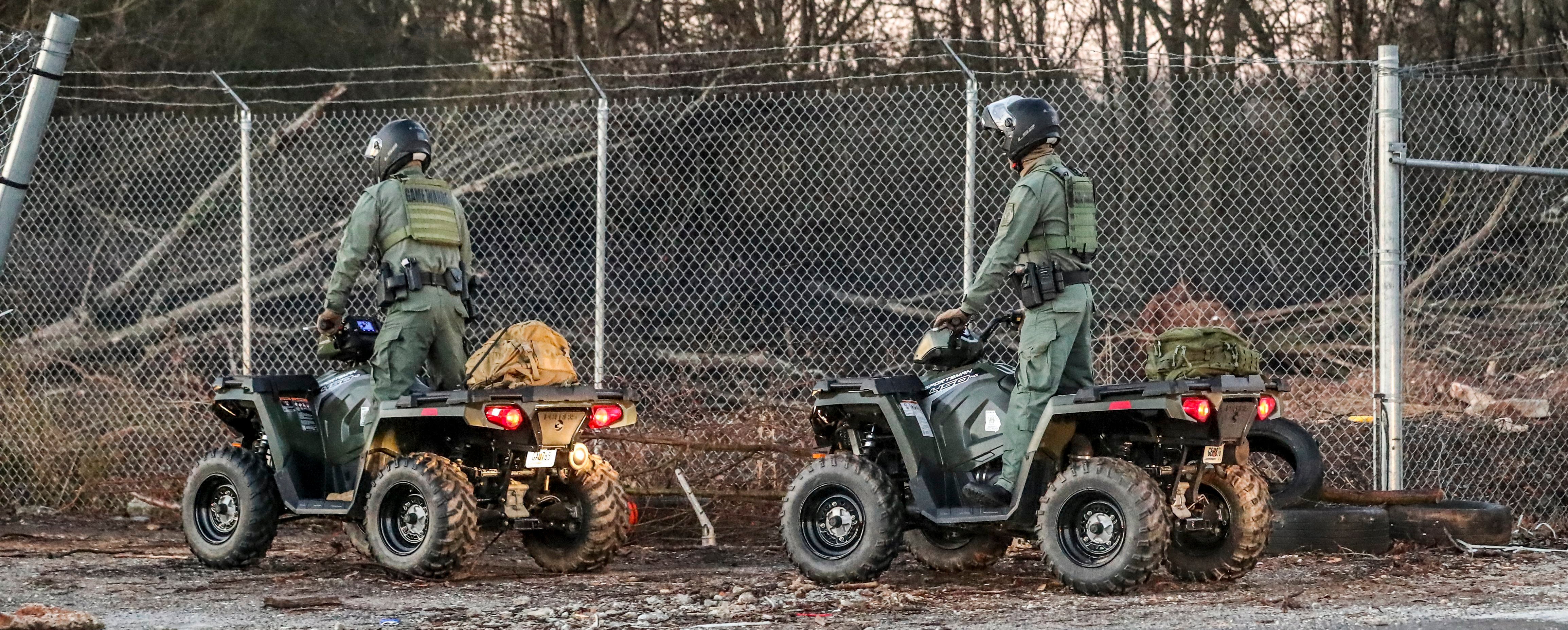
“This is very much a police facility financed by private dollars, by all these local Atlanta businesses that are part of the Atlanta Way bit,” Laura, a local organiser, who asked to use just her first name to protect her safety, agreed. “It just feels like the economic elites are saying, ‘Oh well these poor people had their year and half, 6 months or whatever, of talking about social justice, and we’re going to get back to business now, and that business is funding police.”
The Independent has contacted the Atlanta Police Foundation for comment.
‘There’s not going to be much that’s left standing’
The potential impacts of Cop City go well beyond a seeming ignorance of public input and a potential ramping up of police tactics. The broad, leaderless coalition of individuals and communities opposing the project say the $90m training centre is historically insulting and environmentally damaging as well.
The forest where the project is being built, which lies outside of Atlanta city limits, was previously home to the Muscogee (Creek) people before they were forcibly displaced, then was the site of a prison farm.
“The forest has a lot of history, very racist and very militant history,” Mr Olufemi said. “First it was land that was stolen from Native Americans. After it was taken from them, it was turned into a prison farm where Black captured former slaves were forced to do work. Now they’re taking that and building a cop city on top of that.”
In pro-development Atlanta, the training centre could also lead to the destruction of 85 acres or more of greenspace in a city where forests are rapidly declining.
According to Dr Echols of the South River Watershed Alliance, the forest where the training centre is being built is known as the “fourth lung of Atlanta” and was once described in a city plan as the site of future protected park land. More development would further pollute the nearby Entrenchment Creek, one of the city’s most important waterways, which already exceeds legal pollution limits.

“To make that investment and turn around with not even a serious thought and rip that away, rip that investment out, is just blatant disinvestment,” Dr Echols said. “That’s what happens in environmental justice communities. That community in the upper South River watershed, including south of Atlanta, is about 76 per cent Black. This just wouldn’t be happening anywhere else in the city.”
And because the project’s planned 85 acres of facilities are spread across a total of 171 acres, the damage could be even greater than imagined.
”There is not much that’s going to be left standing,” she said.
Once it became clear the project was moving forward, with community approval or not, the movement to stop Cop City entered a new phase. Some activists in the horizontal, leaderless coalition chose to take to the forest itself, camping out to stop construction, including Paez Teran.
In response to the increase in pressure from activists, police ratcheted up their tactics as well.
Terrorists or trespassers?
Throughout 2022, police began arresting those in the forest, or those at protests against the training centre, and charging them with domestic terrorism, ironically using a state law originally passed in response to the white supremacist Charleston church shooting to crackdown on multiracial justice activists.
At least 19 people have been charged with domestic terrorism for their involvement in the movement, though an analysis of their arrest documents by Grist shows “none of those arrested and slapped with terrorism charges are accused of seriously injuring anyone” and most of the charges are based on the equivalent of misdemeanor trespassing.
Five people charged in December were accused of throwing rocks at police cars and attacking EMTs with rocks and bottles. Another six were arrested in January, in protests after Paez Teran was killed and accused of terrorism, arson, riot, criminal damage, and other charges. During the demonstrations, a police car caught on fire.
Organisers say the picture on the ground tells a different story.
“Folks that were on the ground report seeing cops were just indiscriminately grabbing people,” Laura said of the recent protest. “They just grabbed people holding a banner. People were scattering and those were the people they could get their hands on, even though the burning police car was more than a block away. It’s the same tactic as 2020. You arrest whoever is there at the time.”

Marlon Kautz, an organiser with the Atlanta Solidary Fund, a group which supports jailed protesters, says police tactics have continued to escalate, including the use of tear gas, the terrorism charges, and the recent killing of Tortuguita. Together, he sees these actions as a way to intimidate and repress activists.
“This movement has been facing an incredible amount of repression, unprecedented in our eyes, including most recently with of course with the killing of one of the protesters, which is something that has shocked everybody,” he told The Independent.
“They seem to be charging all people that they arrest in any way with domestic terrorism, regardless of whether they are in a tree, in a forest at all, or at a forest march downtown.”
And unlike the low-level charges many were given in 2020 for staying out past emergency curfews to attend racial justice protests, terrorism charges carry high sentences and little chance for bail.
The Independent has contacted the Atlanta Police Department for comment.
While the police have been going full bore against the protesters, activists say they haven’t brought the same level of scrutiny towards investigating the death of Tortuguita. The GBI, whose agents were involved in the multi-agency operation during which Paez Teran was killed, is now investigating the shooting.
“They’re investigating themselves,” said Mr Olufemi of Community Movement Builders.
‘There is no Cop City in the Beloved Community’
All sides show no signs of backing down.
On Monday, scores of heavily armed police officers in armoured personnel carriers arrived at the forest for another “clearing operation,” as construction crews readied heavy machinery.
This week, students and faculty from prominent Atlanta-area schools like Emory University, Morehouse College, and Spelman College issued statements opposing the project, while US Congress members Rashida Tlaib, Cori Bush, and Senator Ed Markey called for an independent investigation into the shooting of Paez Teran.
“There is an undeniable and direct relationship between the fate of Michael Brown and George Floyd as well as Tyre Nichols and the pending plan to build Cop City,” the Morehouse delegation wrote in their statement. “Let us not delude ourselves: Cop City, if built, will result in more death and destruction at the hands of the police.”
“There is no Cop City in the Beloved Community,” they added, alluding to Morehouse alumnus Dr Martin Luther King, Jr’s, famous use of the concept to describe true equality and justice in America.
In recent weeks, one member of a committee meant to represent community voices on the project has resigned, while another filed a complaint accusing Cop City of violating the Clean Water Act, the Guardian reports.
Police raids have sent some of the forest demonstrators into hiding, and others into jail, but activists say they won’t stop their fight until Cop City is no more. Every piece of green space destroyed, every protester jailed or shot, is another reminder of why they oppose the project.
“We’re not stopping,” Mr Olufemi said. “The movement is moving forward even with more ferocity. Everybody in the movement was taken aback. I won’t say they were surprised. They were taken aback by this happening, but I think it’s doubled down on our resolution that his fight has to be fought.”
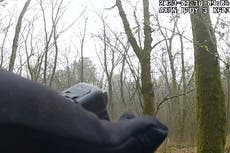


Bookmark popover
Removed from bookmarks